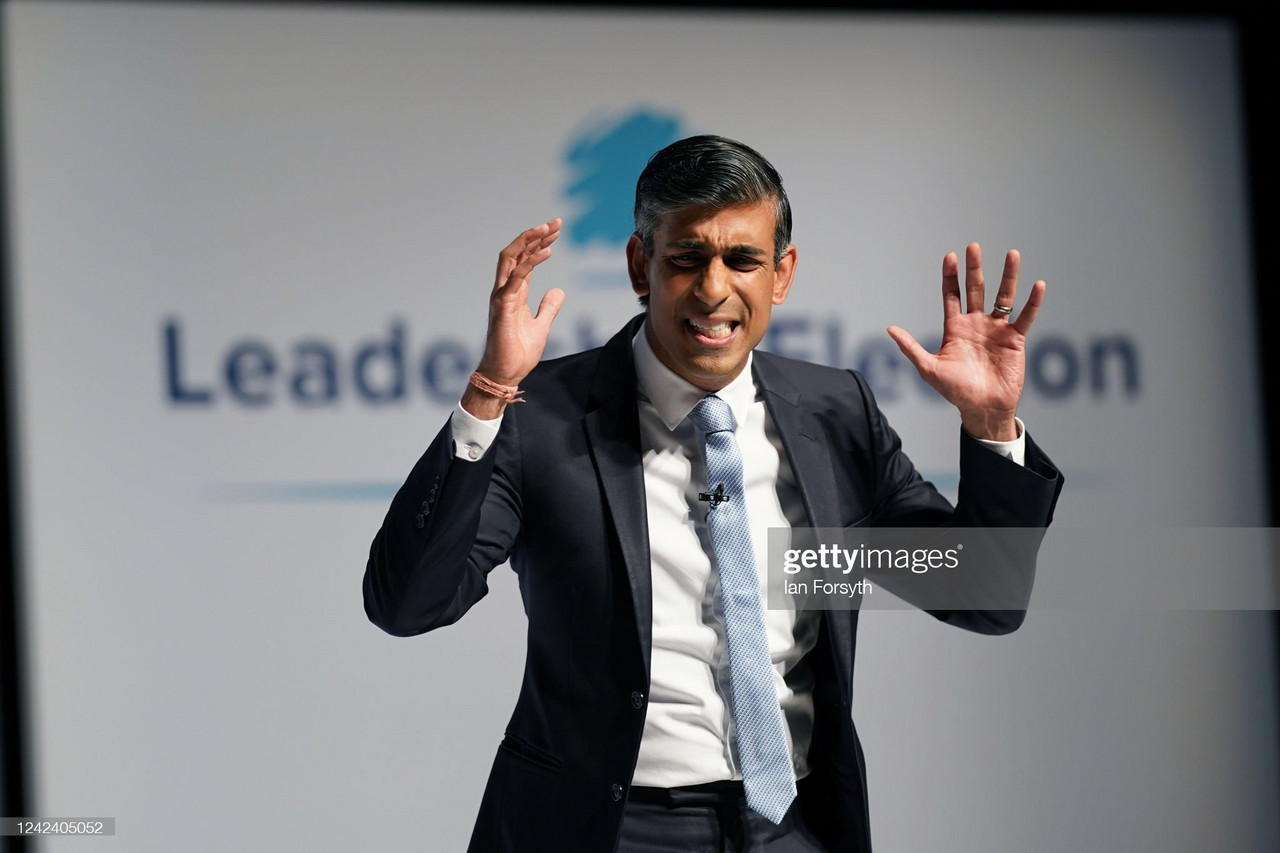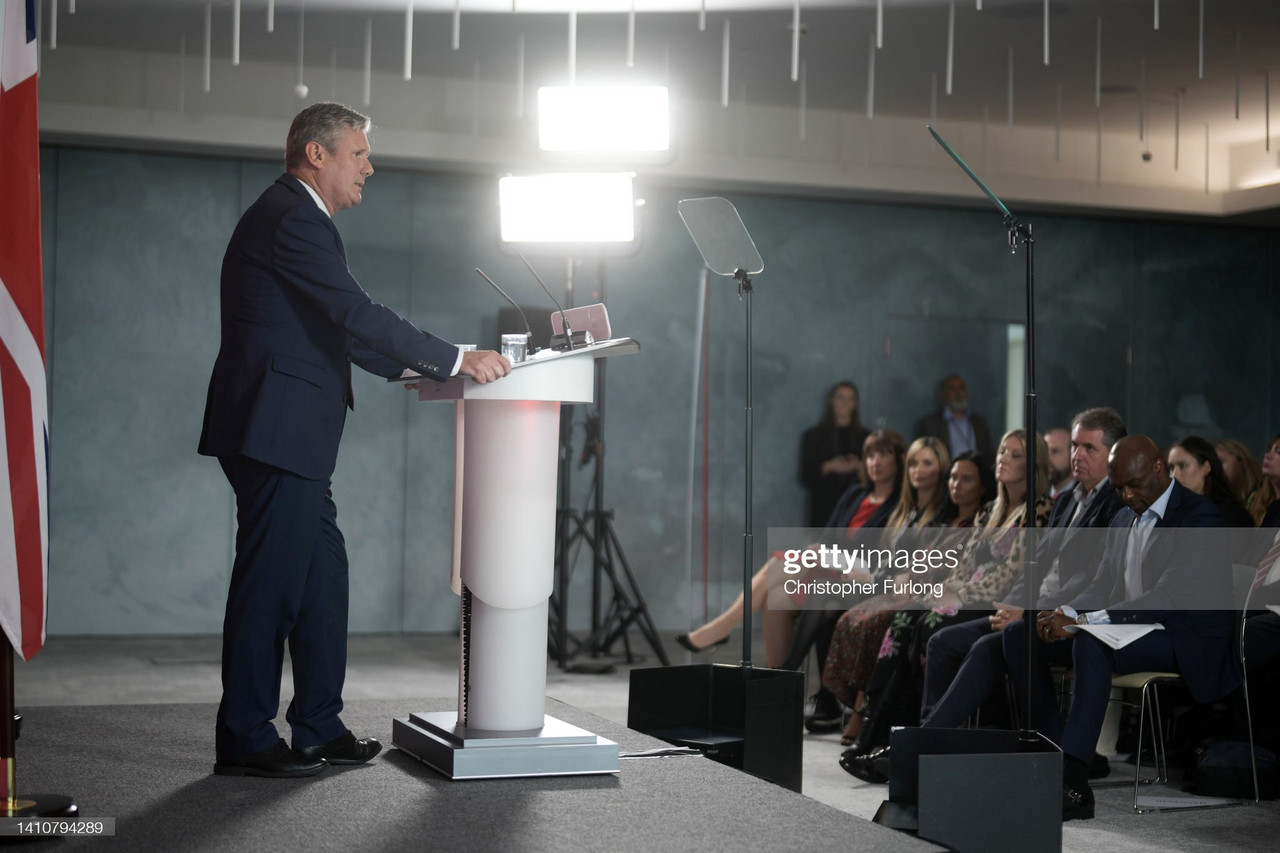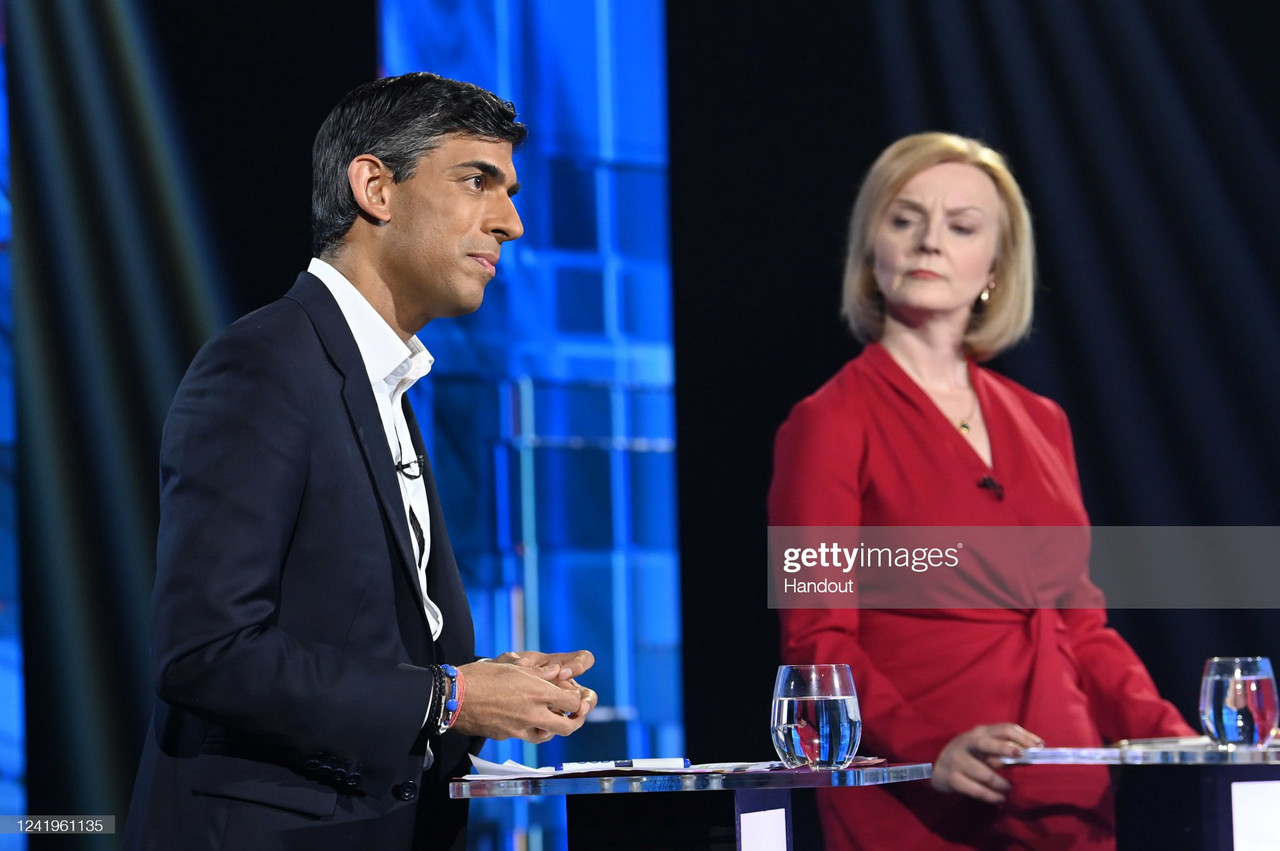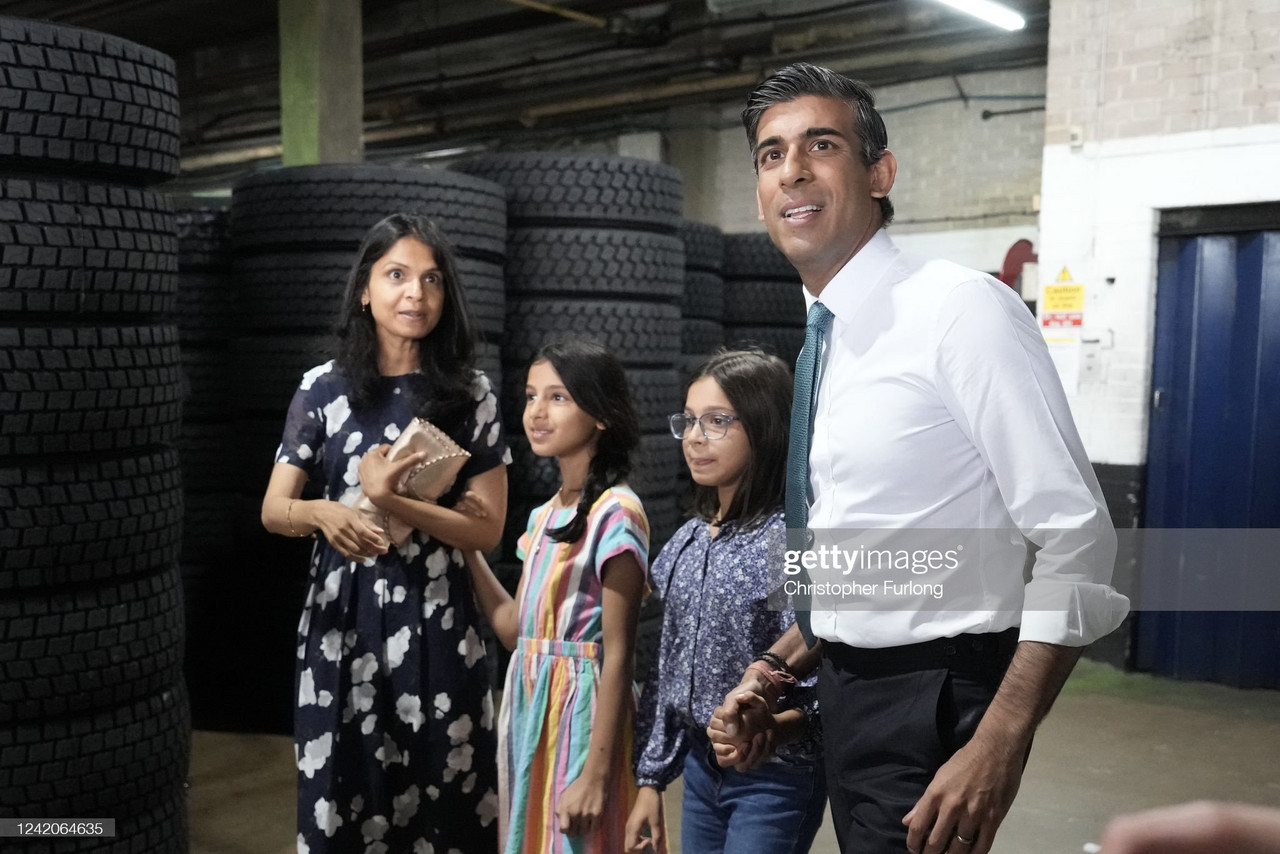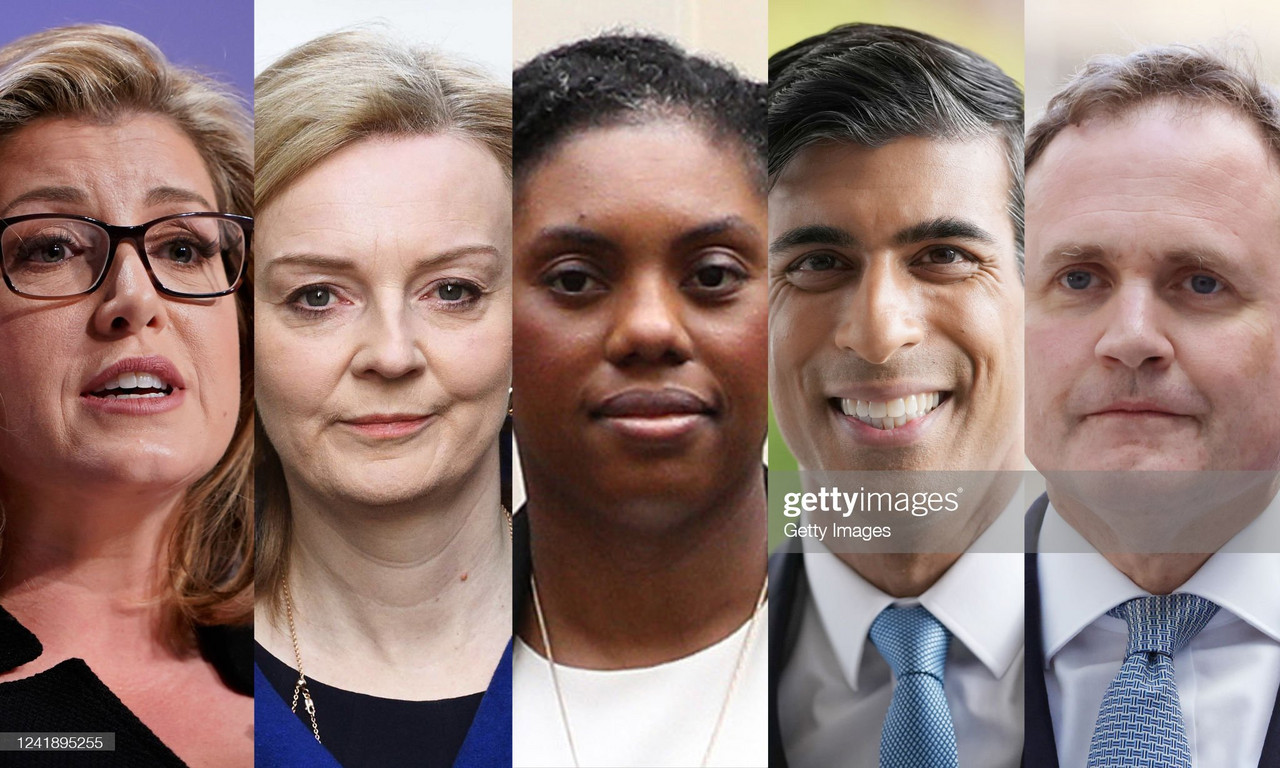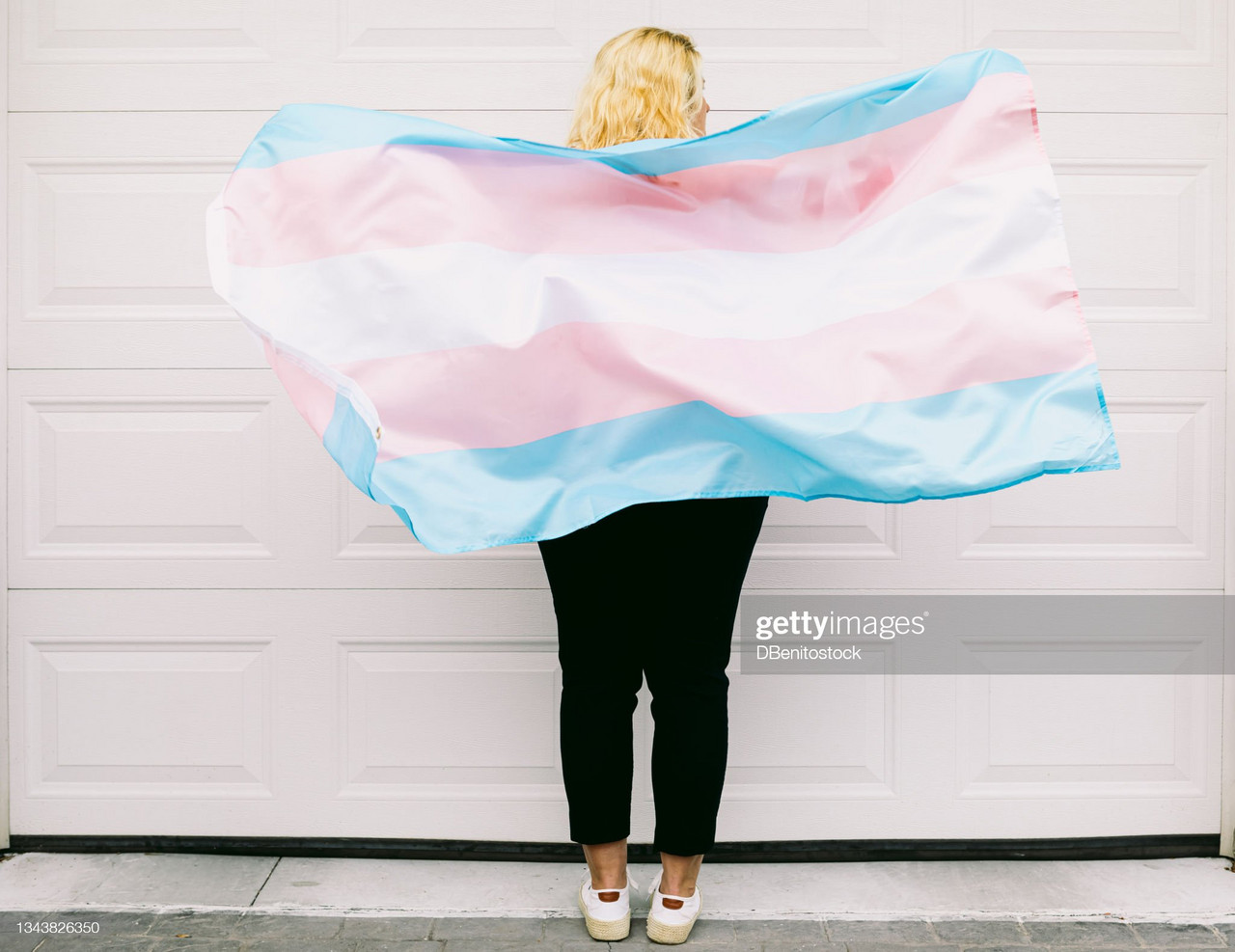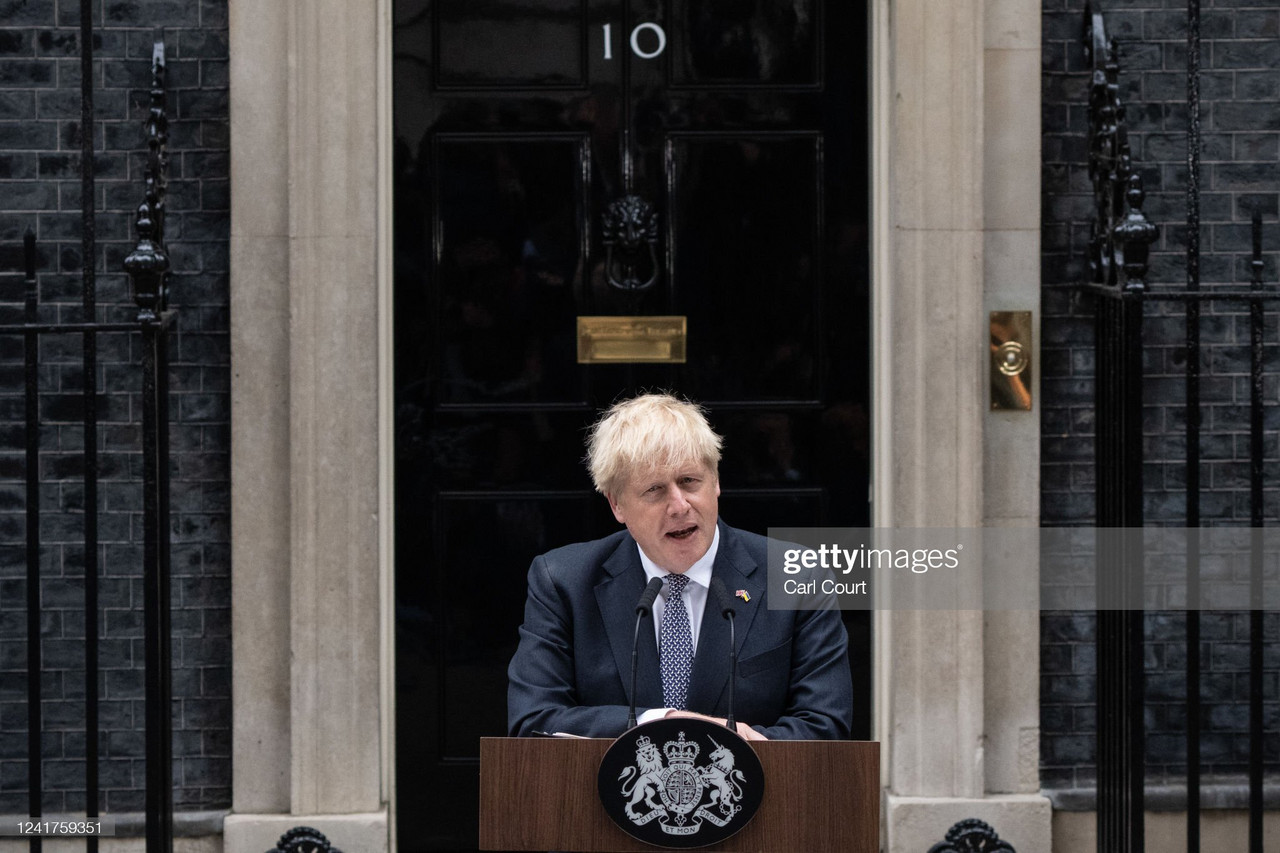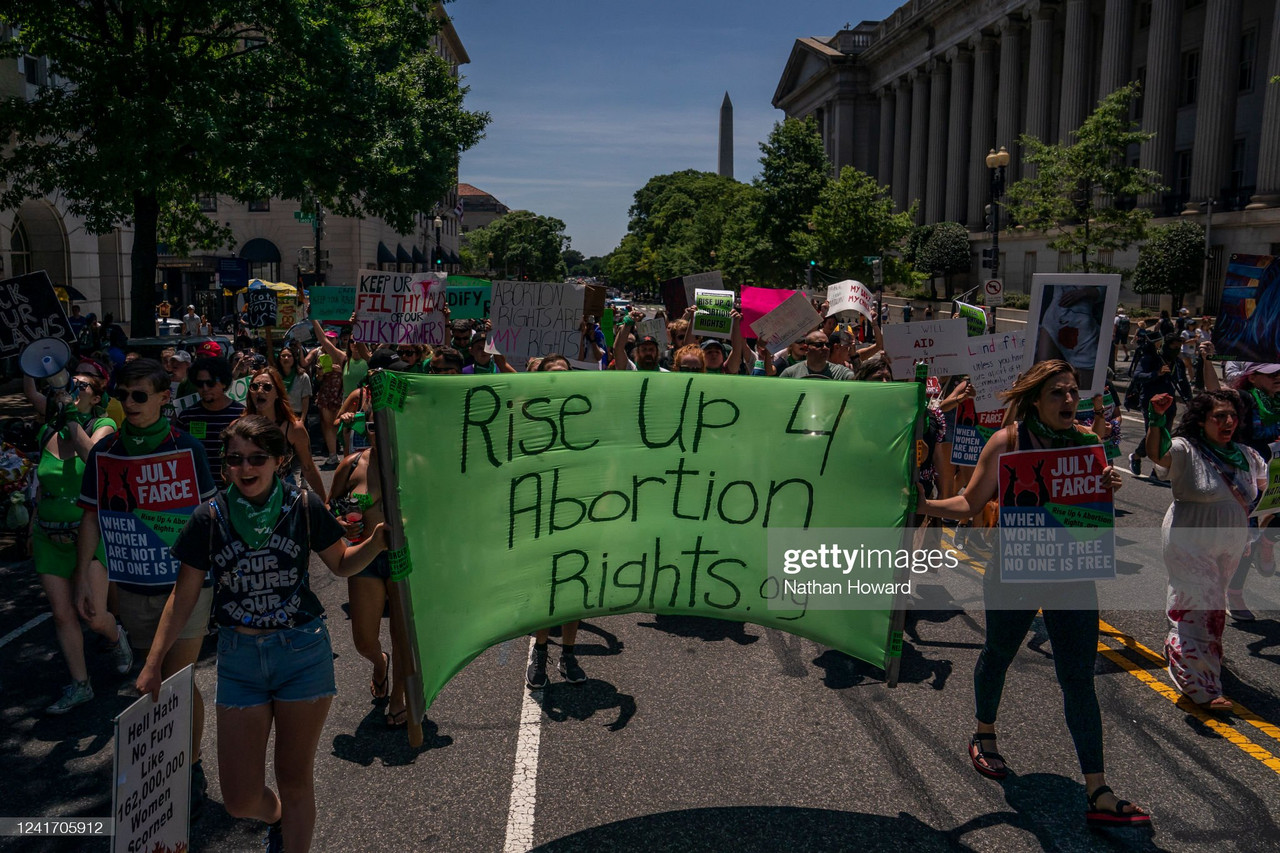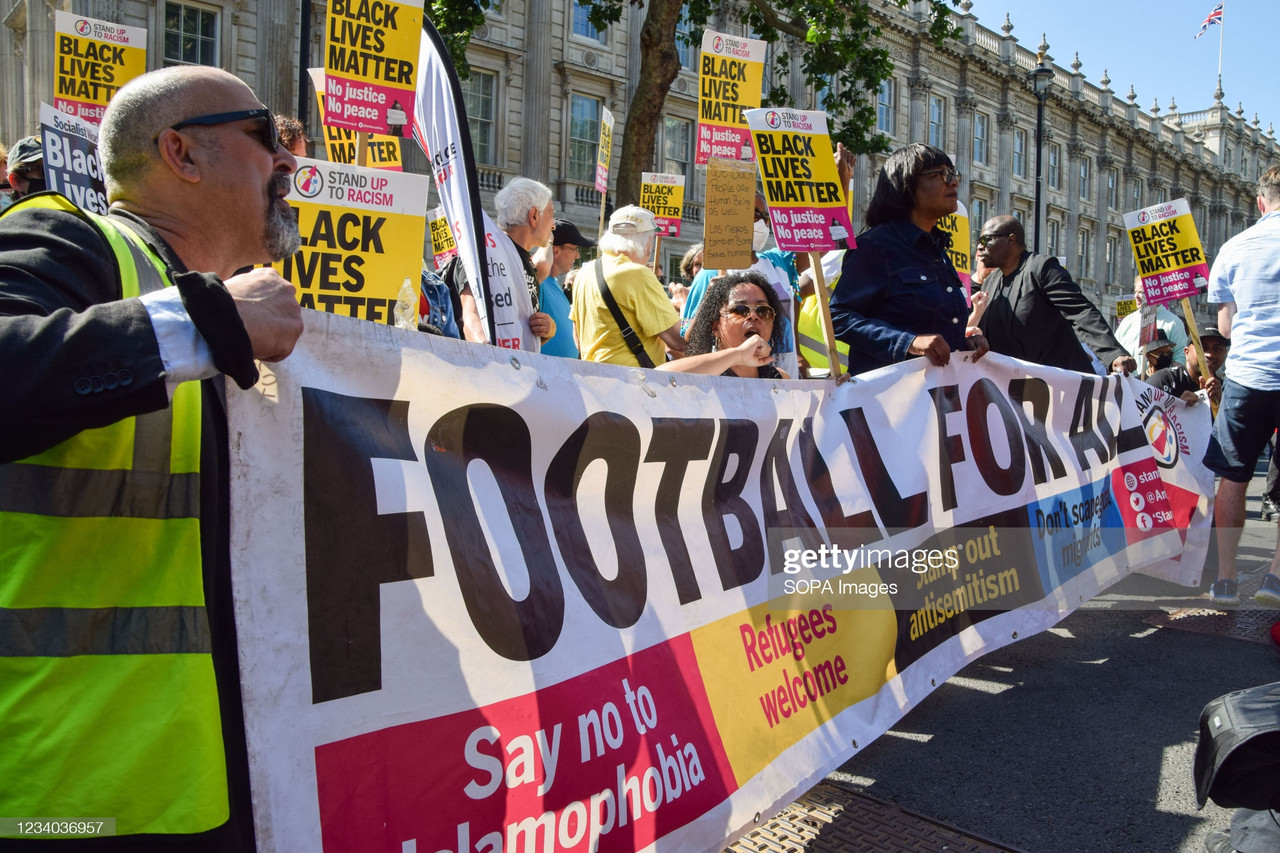
You always fear what you don’t understand. If you have only been surrounded by white, working-class people then the trajectory of your mindset is unlikely to be very wide. Our education does not teach us about white privilege, nor does it delve into the makeup of minority groups within our society.
Many people go into adulthood without ever thinking too hard about the world around them and so their mindset will be formed by those around them. This includes parents, who are passing on their experiences from the generations gone by, friends, who are likely to share similar views as they are in your circle, and certain sections of the media that look to stir up trouble.
This is what happens in a lot of working-class towns. Those who do not leave to go to university will struggle to distance themselves from the echo chamber that surrounds them. You are always a product of your environment and the longer that you stay in one environment, the more cemented you are into that ideology.
The same principles apply to universities, of course, that have been described as places of woke indoctrination by those on the right. They are not completely wrong, though, with many universities heavily ensconced within moderate left thinking. However, the ability to access and decipher that information cannot be understated.
People can choose to unpick that ideology when they have left university and stepped back from that left-wing echo chamber. Those who scream radicalisation at universities are probably concerned that their own view of the world is so incredibly different to the one that is being expressed by our young students.
In reality, a sensible normal exists between these two worlds. Liberal students often lack common sense but small-town individuals are simply stuck in their ways and they will not entertain a challenge to their own viewpoints. Echo chambers on both sides can be difficult and people within them can only begin to tackle arguments with nuance when they step outside of those bubbles.
With that in mind, it becomes difficult to find empathy if you have lived your entire life whilst being a part of the small-town environment. You know what you know and there isn’t an appetite for re-education anymore. Life gets in the way of that.
Perspective

Young working-class parents who struggle to make ends meet will not be gleefully informing you of their privileges. Imagine if they are slumming away in a dead-end job to keep their family fed, clothed and housed. Surviving on a week-to-week basis is the clear and obvious priority for many households.
A middle-class parent is probably going to have a different perspective. Those in a comfortable economic situation with a healthy work-life balance can find more time to engage in progressive values. Having the time and the environment to re-educate is a luxury in itself.
Even if you have a spare hour or two, you still need your surrounding circle to encourage that level of discussion. Again, this mindset is lent to more middle-class circles.
In short, expecting working-class folk to educate themselves on white privilege is incredibly unrealistic and, perhaps, a little bit condescending. It is easier to explore privileges when you have time, money and status.
Granted, the white working-classes still do have a privilege based on the colour of their skin. Use the same dead-end job scenario with a black member of society and they are in an even worse position. That black person is also open to discrimination and racism in everyday life. This is the very definition of white privilege: a societal privilege that benefits white people of a certain social class over non-white people of the same social class.
A white person has the advantage of going about their daily lives without feeling disenfranchised because of their skin colour. We have all seen examples of this if we think hard enough. Black friends of mine have been given unnecessarily hostile treatment in pubs and clubs; they are subject to different treatment from certain individuals because they do not conform to the mainstream image of the white individual.
White privilege does not mean that you are automatically more advantageous than somebody of non-white ethnicity. That non-white individual might come from a wealthy middle-class family and, in which case, they could well have a much better start in life than a white working-class child would have. That is social privilege.
Education
Education from an early age will always be the key. It is not coincidental that university students are much more up to speed with progressive charges than those who don’t take up further education. Critics from the right will shout about woke indoctrination, however, knowledge and awareness should never be scoffed at.
Pupils will get the opportunity to reject that education when they leave secondary school and go into the real world, but they will be much less vulnerable in succumbing to misinformation and race baiting. Nobody is saying this is law.
Critical race theory, just like feminism, Marxism and psychoanalysis, is a theory that has been put forward and studied in academia. We should always engage with theorists to better improve our understanding of the world around us.
Marxism, for example, is a heavily flawed societal model that nobody in their right mind would want. However, the way Marxism is tossed around in mainstream political discussion is so very loose and tenuous because they know that the common person isn’t too nuanced with the communist manifesto.
A solid understanding of critical race theory could make upcoming generations more empathetic and less likely to fall into race-baiting cesspits. This, in turn, could add some balance to the immigration debate in the north of England. Politically, ethically and morally, people are leaving secondary school without a scooby doo!
This isn’t about making everybody pro-immigration. It is about providing the tools for generations to have genuine debates about the world around them, as opposed to regurgitating something that has been read from a Facebook group or a media outlet.
At the same time, working-class adults who have passed the point of education should not be expected to undergo a complete transition. Politicians will lose the working-classes if they decide to front political campaigns with progressive ideals. Progressive ideals need to be promoted but the core issues of the forgotten working-class group, affecting white and non-white people universally, cannot be ignored in favour of identity politics. It isn’t either or.



